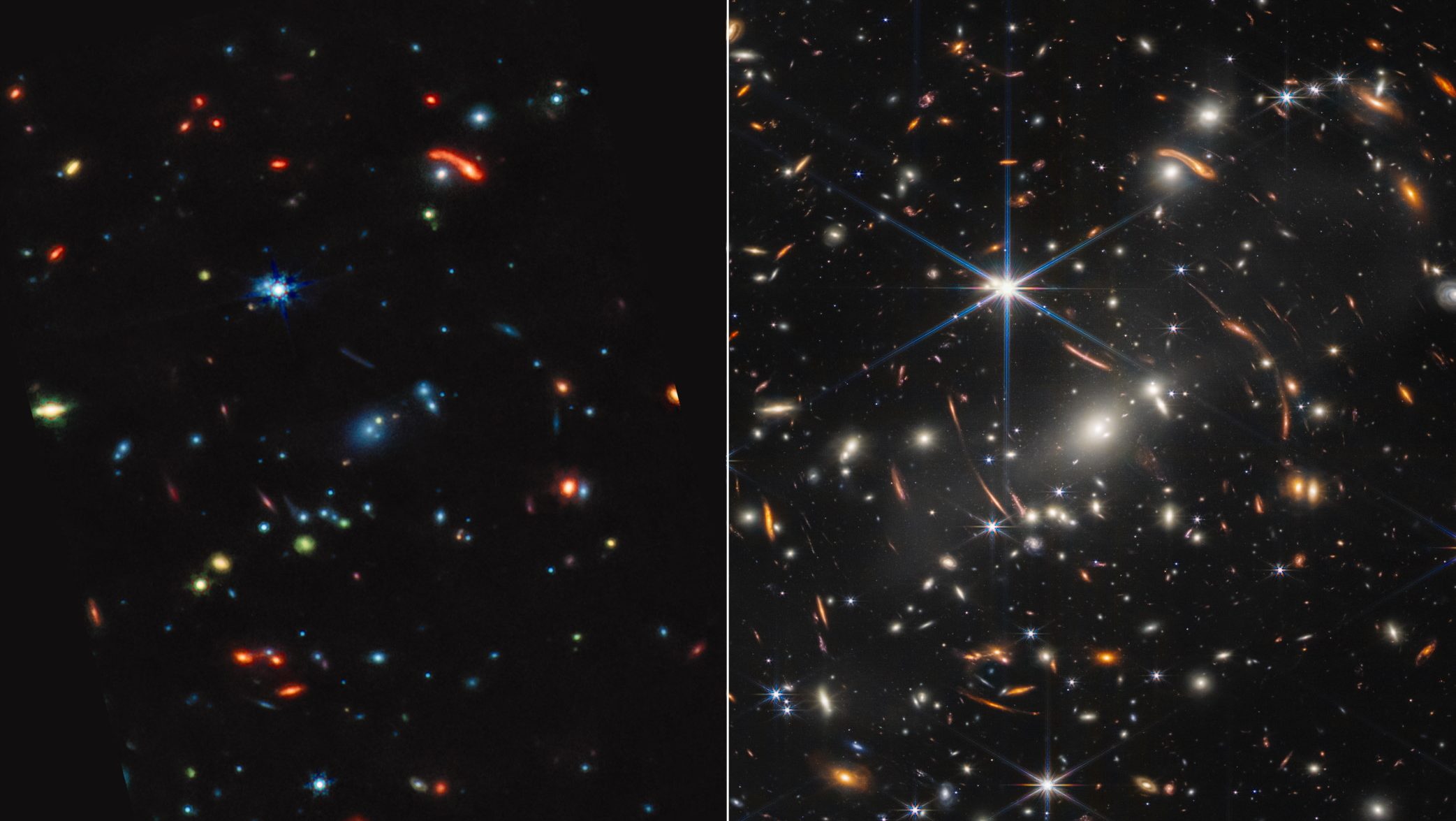“If I wasn’t doing cooking, I’d probably go to divinity school.”
Question: Does religion inform your worldview?
David Chang: Yes, it actually has quite a bit.
For whatever reason, if you’re a Korean immigrant, not only do you do the stereotypical Laundromat, own a restaurant, or whatever, but you are heavily involved in the church.
And my family; my father’s side – who had eight brothers and sisters, and they’re all in America, yeah it’s crazy, they’re all super, super religious. Presbyterian, born again.
I was raised in that faith.
My sister and I went to seminary school, and I was a kid who always asked questions. In Sunday school I’d be like, “I don’t get it or I don’t believe it.” Not that I didn’t want to. I thought it was interesting that people would do it on blind faith.
Religion is something that if I wasn’t doing cooking, I’d probably go to divinity school or something like that because it’s something that interests me a lot. Because it’s shaped a lot of what I thought about as a kid being forced, in a lot of ways, to go to church or Sunday school. And the answers I got there were never good enough for me.
I didn’t understand the concept that like, okay, some aboriginal tribe; and I would ask these questions in Sunday school; “Some aboriginal tribe that never had any contact with Christianity, they’re going to go to hell?” And I’d ask these questions to the Sunday school teacher because it didn’t make sense to me and it didn’t seem fair.
And they wouldn’t have an answer really. And they’d be like, “Yes.” And the look on their face would be like, “Well that doesn’t sound right either, does it?”
That was probably a big role into why I continued to read a lot of stuff, and studied philosophy and religion, and was a religion major in college.
Yeah that’s a flaky thing to do, but that’s really stuff that interested me the most. And reading a lot of that stuff and a lot of those other religions, that helped shaped me.
I’m not religious at all, in terms of like faith or anything like that. I’m too lazy.
A lot of those texts I still read again. Whether it be the Bhagavad Gita. Or I’ll read like Thoreau or Emerson because of stuff that I’ve had to read.
I appreciate it because these are guys, or like religious texts, that have spent hundreds or thousands of years studying some of life’s most difficult questions like, “What do you do?” Or, “What’s happiness?”
And these are people that have dedicated their lives to this stuff, so maybe they can give you some insight.
But I think the biggest thing is understanding how temporary everything is.
Question: If you weren’t too lazy, what religion would you be?
David Chang: If I was, I’d hate to be called a secular humanist or whatever. I’m not that smart to be that.
I tried to be a Buddhist just because it’s the most reasonable, logical religion out there. I don’t even consider it a religion because it’s totally logical.
But again, when I say laziness, there’s no way I could live that life. I can’t. And it fascinates me, but I don’t know. But it’s amazing to me too.
It’s like all sects of Buddhism. I think I read it somewhere; the Dalai Lama – this was way back – [said] if science proves that reincarnation was impossible, we’d adjust our beliefs accordingly. Well that’s an essential tenet of that religion. You would never find that from any other faith. The fact that it would be willing to adapt is important.
So I wouldn’t say that. But if I did, it would probably be some form of Buddhism just because I tend to agree with some of the principles more than others. But again I don’t have the willpower to do such things.






